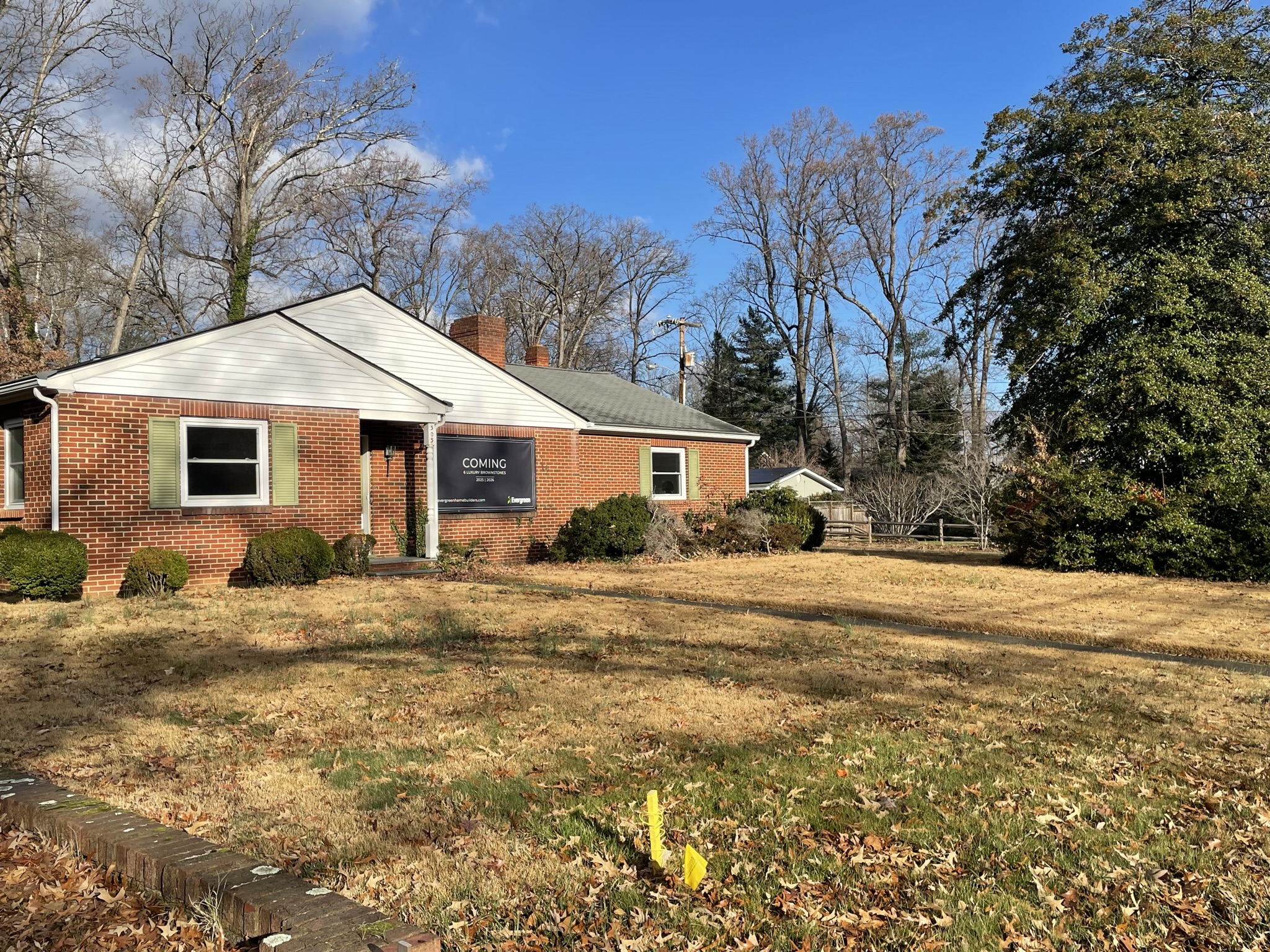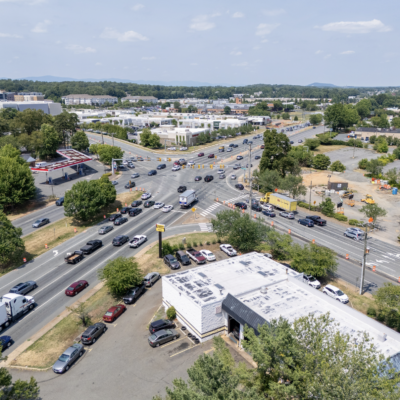A major feature of Charlottesville’s relatively new zoning code is that developers can build more places to live without seeking additional permission from local elected officials. There has been an active lawsuit since January 2024 that claims the city did not follow Virginia’s regulations to study the impact more people would have on area roadways.
“Developers can purchase an unlimited number of residential lots with single-family homes on them, raze those homes, and replace them with far larger multiplexes, fundamentally changing the density and nature of those neighborhoods,” reads the latest version of the main complaint in White v. Charlottesville.
The plaintiffs are a group of Charlottesville homeowners who have stated they will be harmed by the additional density. A major claim in the suit is that “City Council failed to conduct reasonable or adequate studies” of the zoning code’s impact.
Charlottesville Circuit Court Judge Claude Worrell has presided over several preliminary hearings that so far have been about whether the lawsuit can move forward. The latest hearing on April 16 saw attorneys for Charlottesville once again asking Worrell to throw out the case. Ryan Starks, a lawyer with Gentry Locke, argued that the city studied additional density for four years culminating in council adopting the new code in December 2023.
“All the city has to do is offer some evidence of reasonableness and they’ve done that,” Starks said in court.
Starks also argued that plaintiffs are exaggerating the potential effect of the new development code and that Charlottesville would not become Manhattan overnight. He cited a 2022 “rate of change” study commissioned as part of the Cville PlansTogether initiative that argued less than 2 percent of properties would turn over in the initial years.
Attorney Mike Derdeyn of Flora Pettit responded that the city is misinterpreting state code and argued the law compelled the city to submit the Comprehensive Plan to the Virginia Department of Transportation. He has been hoping to argue those facts before Worrell and will now get his chance to do so in detail.
Worrell overruled the city’s motion to dismiss the case and ordered Derdeyn to write up a motion seeking a summary judgment. That means the next hearing won’t be heard for a couple of months at least.
The case in Charlottesville is taking place at a time when there are other lawsuits against similar zoning changes in other localities. Last September, a northern Virginia judge dismissed a provision in Arlington County’s zoning that enabled construction of six-unit buildings on single-family lots in some situations. Retired Fairfax County Circuit Court Judge David Schell also sent a message to contractors to be cautious in constructing what had already been permitted.
Meanwhile in Charlottesville, new developments continue to be filed under the city’s new rules. At press time, there are six proposals under review for properties zoned Residential-A that would see a total of 44 units where there are currently five.
There are four proposals under review for Residential-B properties. If all are approved, there would be 100 units where there are currently 10.
So far, staff in the city’s Department of Neighborhood Development Services have only approved one major development plan for residential use. That proposal would see five existing units at 1609 Gordon Ave. replaced by a new building with nine apartments.






